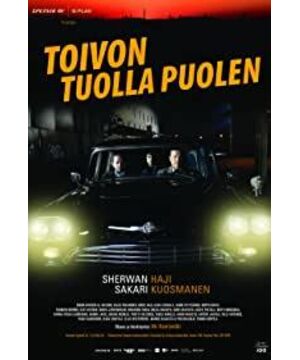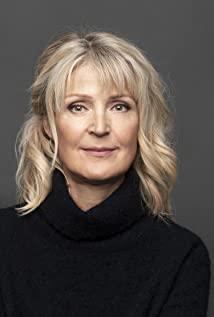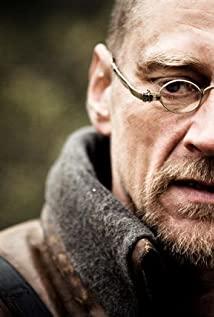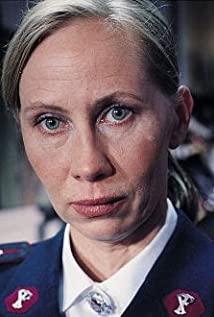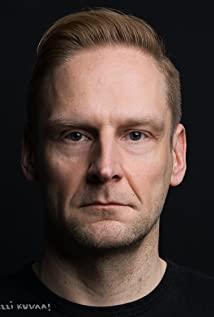In fact, similar to British director Ken Loach, Aki Kaurisma basically upholds a liberal leftist stance. In his previous works, he has focused on the humble and down-to-earth people in society: restaurant employers, car drivers, homeless people, security guards, match factory workers, rock musicians, etc. And his warm attitude towards the people at the bottom is fully revealed in the cold humor of the Nordic style, neither warm praise nor malicious sarcasm, all the bleak and tragic realities are gradually dissolved in the author's humorous interpretation. Similar answers can be found in his attitude towards refugees in this new film. Different from the exotic setting of the previous work "Le Havre", this new work returns to the director's country: Finland.
Cleverly, the director uses the two clues of Syrian refugees and the decadent middle class to go hand in hand in the film, but does not deliberately show off the cheap Madonna gesture at the intersection of the two. The restaurant owner and the refugee protagonist met for the first time on a narrow road when they were at their lowest point, but when they actually communicated face-to-face, they fought each other because of their interests. On the one hand, the director maintains an optimistic attitude towards the active integration of refugees into local society and life. For example, restaurant owners provide refugees with shelter and jobs, and help refugees resolve their identity issues. On the other hand, the refugee's choice of value orientation is far from unearned, blindly greedy for European welfare life, and a breakthrough thinking can be seen from the hero's sister's final choice to surrender to the police. It is undeniable that the film also shows the exclusion and hostility of refugees in European society, from the official government ignored the situation in Syria and forced the repatriation of refugees, to a group of extremists who resisted and hated refugees in society, and did not hesitate to use violent means to humiliate and Kill refugees. Maybe this group of people is some kind of political metaphor. Through such a treatment, the often-discussed topic of European refugees will undoubtedly be presented in a more three-dimensional perspective.
In addition, when portraying the images and backgrounds of refugees, I believe that the director has in-depth knowledge of many real cases. In the content of the dialogue between refugees and the police, you can feel a lot of helplessness and sigh. For example, the chaotic war in Syria affected innocent people. Sensitive content such as crossing European borders to seek a foothold, police violence against refugees, etc. This close-to-reality portrayal makes the film also have a strong sense of social reflection when it is tear-jerking. Displaced refugees are not begging for pity, they just want a chance to start their lives again in a new environment. In their view, this may be "the other side of hope"!
As for the director's usual cold and humorous author's style, it still plays quite well in the film. The two sections of the restaurant's staff who are dealing with immigration officers' inspections and dealing with too many customers to make smoked fish sushi have a good humorous effect. . These humorous undertones at least add a lot of bright light to this bleak story, and at the same time, they also show the optimism and positivity of European society in the face of the difficult problem of immigration.
View more about The Other Side of Hope reviews


